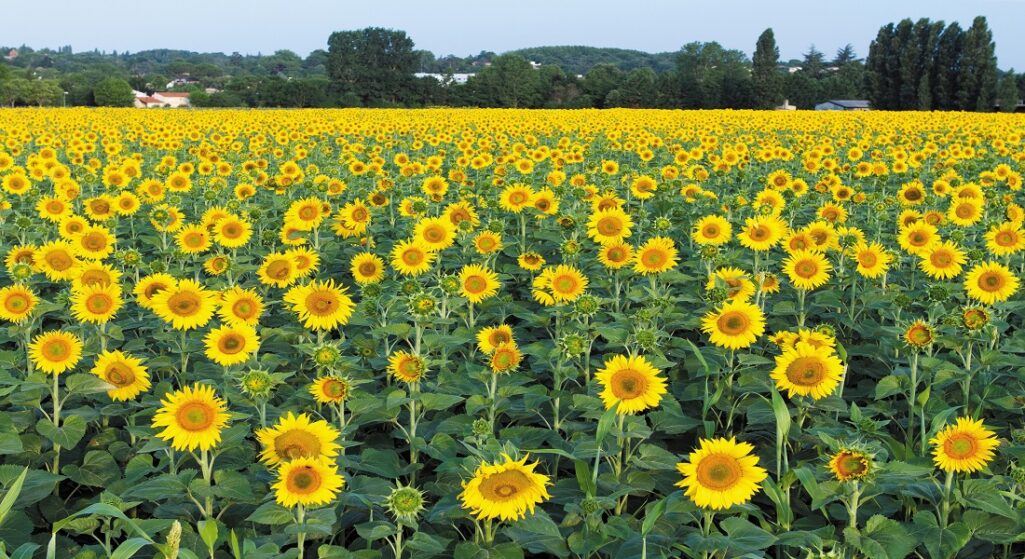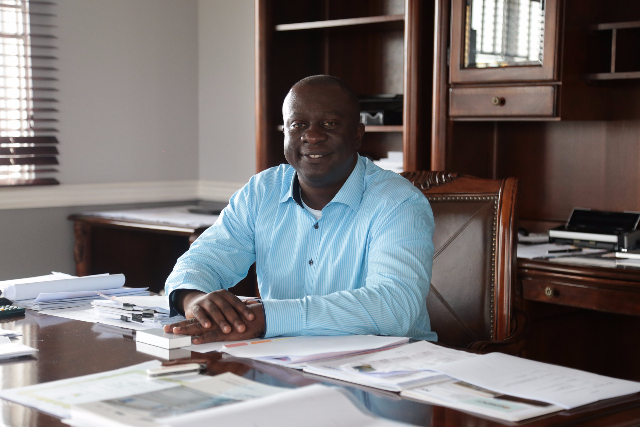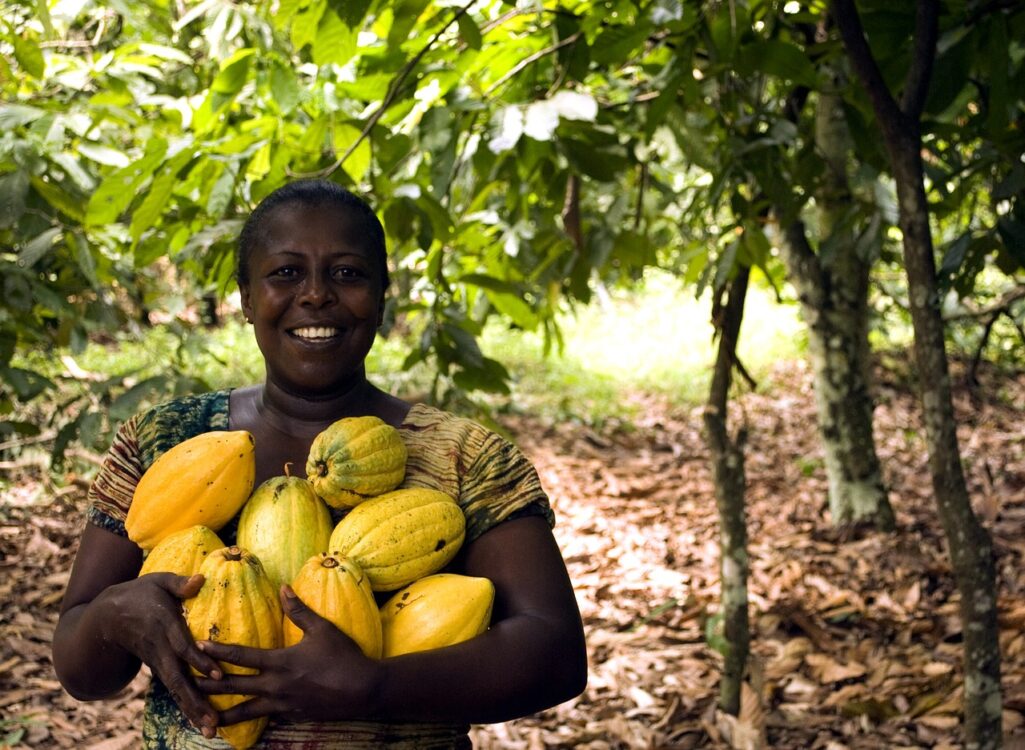Cocoa Sustainability Scheme: Ghana And Ivory Coast Take A Stand Against American Chocolate Giant. Here’s Why.


Chocolate has been described as ‘happiness you can eat’. Most people delight in receiving a box of chocolates as a gift. Sadly, cocoa farmers only get a paltry percentage of the worth of the entire industry.
There is an urgent call for a scheme to improve the living standard of cocoa farmers. This is the birth of cocoa sustainability schemes. The cocoa sustainability schemes initiated by Ghana and Ivory Coast monitor the production process to ensure there is no infringement of human rights and the rights of children.
In addition, they ensure that measures are taken to improve the lives of the farmers. Once a cocoa farmer obtains ethical certification, they can market its product and charge a premium. However, the coca sustainability schemes have not achieved the desired result.
ALSO READ: This Is Why Zimbabwe Government Wants To Make Sunflower Farming Compulsory For All Farmers
The Dispute between Ivory Coast, Ghana, and the Hershey Company
Ivory Coast and Ghana produce 70% of the world’s cocoa. In July 2019, they introduced a cocoa premium of $400 per ton for sales made in 2020/21. This means that for every ton of cocoa Hershey buys, they are to pay $400 in addition to the market value. Known as ‘Living Income Differential’ (LID), the premium goes towards improving the lives of peasant farmers.
Hershey has contracted other companies to run the scheme on their behalf. A few days ago, the two countries canceled the cocoa sustainability schemes made in partnership with Hershey. Hershey is the largest chocolate manufacturing company in the world.
The chocolate giant is famous for brands such as Kit Kat and Hershey’s Kisses. Henceforth, no third-party companies can run the schemes on their behalf. While this will hurt the chocolate manufacturers, it will also hurt the cocoa farmers.

Breach of cocoa sustainability schemes: the case against the Hershey
According to allegations from Ghana and Ivory Coast, Hershey is using the Intercontinental Exchange (ICE) to source 30,000 tons of cocoa. ICE is an American company that, amongst other services, operates trading platforms for agricultural markets.
The goal of the Hershey Company is to buy less cocoa from Ivory Coast and Ghana. By doing this, they will avoid paying the LID premium. However, Hershey denies these claims saying,
“Our concern is that by cutting off industry sustainability programs, cocoa farmers will no longer receive the benefits provided by our programs… (like) the price premium for certified cocoa”.
ALSO READ: ?29-Year-Old Kenyan Farmer, Justine Nakku, Is Making Millions From Farming. See Her Secret
Does the farmer benefit from cocoa production?

Chocolate is by far one of the world’s most favorite foods. Globally the chocolate industry is worth $100 billion. Without cocoa beans, however, there would be no chocolate as this is the main ingredient.
For a pound of chocolate to be produced, as many as 400 cocoa beans are required; 40 beans go into a single Hershey’s milk chocolate bar. However, none of these benefits filter down to the cocoa farmer whose daily earnings amount to less than $1.00. The Guardian said,
“In an industry worth $100bn (£80bn), workers earn on average less than one dollar a day, often laboring in stifling heat without shade and with heavy levels of pesticides. According to Fern, a Brussels-based organization working with farmers, growers receive only 6% of a chocolate bar’s sale price compared with the 80% taken by manufacturers and retailers. The Ivory Coast has repeatedly struggled to establish a price floor for cocoa produce.“
How to balance the scale in favor of the African farmer
Agriculture contributes a significant portion of the economies of African Countries. About 23% of sub-Saharan Africa’s GDP comes from agriculture. Therefore, if properly managed, agriculture can help eradicate poverty and boost trade.
Dr. Edward George remarked in the Global Trade Review that adding value to the crops before they are exported can boost profit. For example, cocoa can be exported as cocoa butter and powder instead of raw beans.
ALSO READ: Burkina Faso Farmer Wins Champion Of Earth Award For Fighting The Desert
West Africa is moving in the right direction in this regard. The Government of the Ivory Coast aims to increase the local grinding of cocoa from 27% to 50%. Dr. George also recommends encouraging the domestic consumption of the products. He said,
‘’If cocoa-based products can be developed to suit local tastes and eating habits, it can create a local source of demand for cocoa. This will give power back to the farmers and co-operatives. Also, it creates an alternative market for their beans when international prices and demand are low.’’
Perhaps, the African Continental Free Trade Area (AfCFTA) is what Africa needs now. Africa needs to refine and use more of the continent’s products. This will cut down the pressure on imports.
Consequently, countries can channel more of their foreign exchange earnings into the development of other sectors rather than draining them back on imports. That way, all stakeholders in the agro value chain will derive benefit from their activities.
Join African Vibes Community for more positive African news, exciting tips, and discussions.







Thank you for this article! Great writing and interesting facts and analysis.
You are welcome. Our goal is to always show all the sides to a story